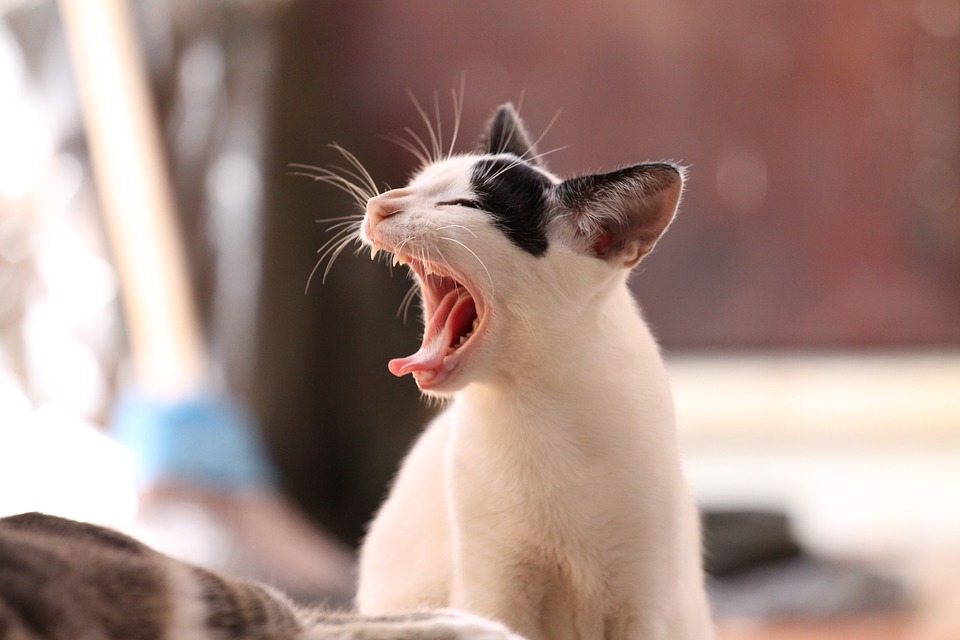Gastrointestinal problems are common in kittens and can range from mild to severe. It is important for kitten owners to understand these issues and know how to manage them effectively to ensure the health and well-being of their furry friends.
One common gastrointestinal problem in kittens is diarrhea. Diarrhea can be caused by various factors such as dietary changes, infections, or parasites. It is important to closely monitor the symptoms and manage diarrhea promptly to prevent dehydration and further complications. If diarrhea persists or is accompanied by other concerning symptoms, it is advisable to seek veterinary assistance.
Vomiting is another gastrointestinal problem that can occur in kittens. Understanding the causes of vomiting, such as dietary indiscretion or gastrointestinal infections, is important in managing the episodes. However, if a kitten experiences persistent or severe vomiting, it is important to consult a veterinarian for proper diagnosis and treatment.
Constipation is a common gastrointestinal problem that can cause discomfort for kittens. Recognizing the signs of constipation, such as straining to defecate or dry and hard stools, can help in managing the condition. Simple measures like increasing water intake and providing a high-fiber diet can alleviate mild cases of constipation. However, severe cases may require veterinary guidance and interventions.
Intestinal parasites are another concern in kittens’ gastrointestinal health. Understanding common intestinal parasites and their symptoms is crucial in preventing and treating these infections. Regular deworming and preventive measures, such as keeping the living environment clean and avoiding exposure to contaminated areas, can help in minimizing the risk of parasitic infections. Veterinary interventions may be necessary to effectively treat parasitic infections and ensure the health of the kitten.
To further enhance your understanding, we have provided answers to some frequently asked questions about gastrointestinal problems in kittens. These questions address concerns such as the duration of kitten diarrhea, the use of over-the-counter medications, normal vomiting frequency in kittens, prevention and treatment of constipation, deworming schedules, and the risks of delaying veterinary care.
In conclusion, understanding and managing common gastrointestinal problems in kittens is essential for every kitten owner. By recognizing the symptoms, implementing appropriate measures, and seeking professional advice when necessary, you can ensure the health and well-being of your furry companion. Remember, proactive care and early intervention are key in promoting a healthy digestive system for your kitten.








